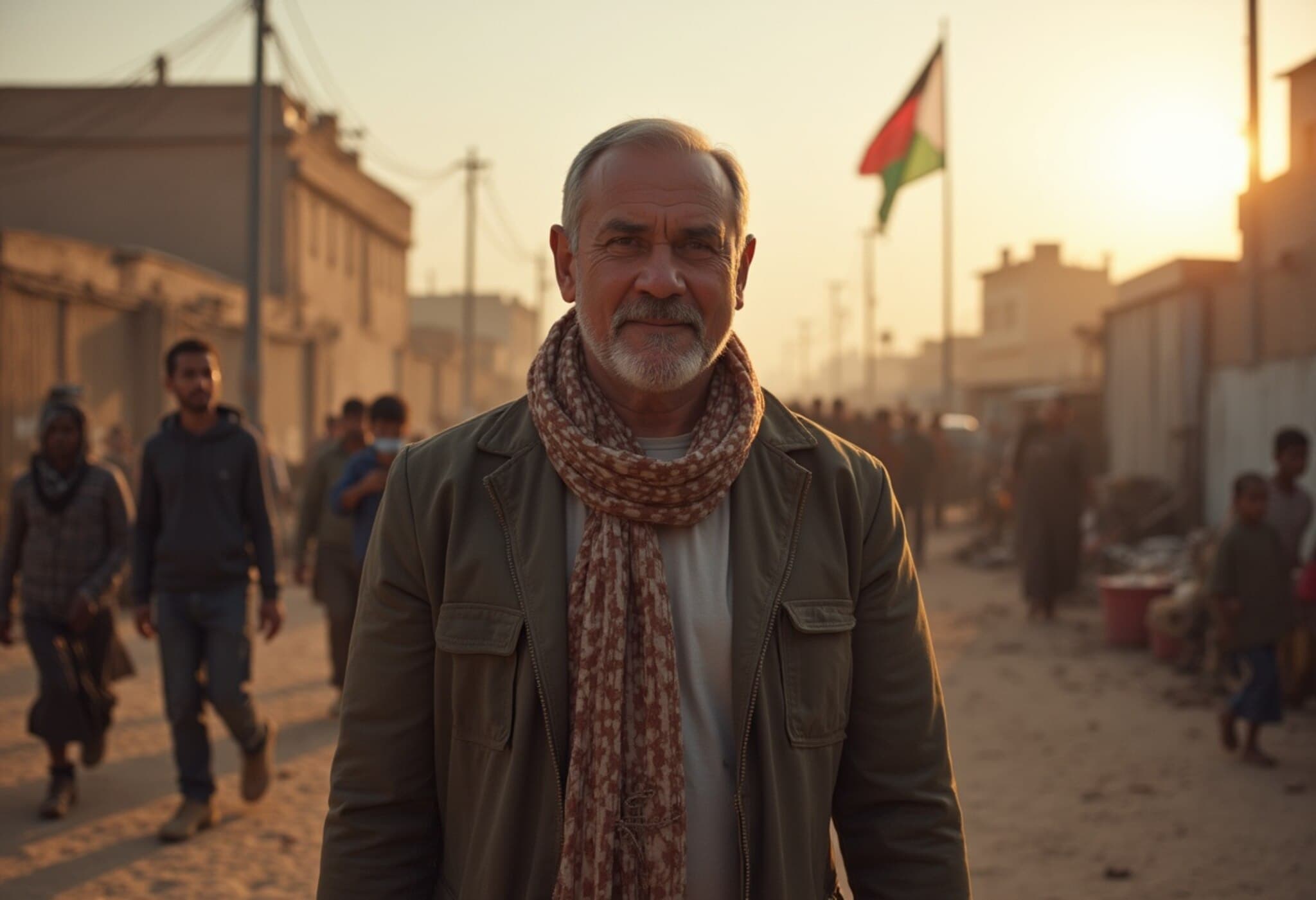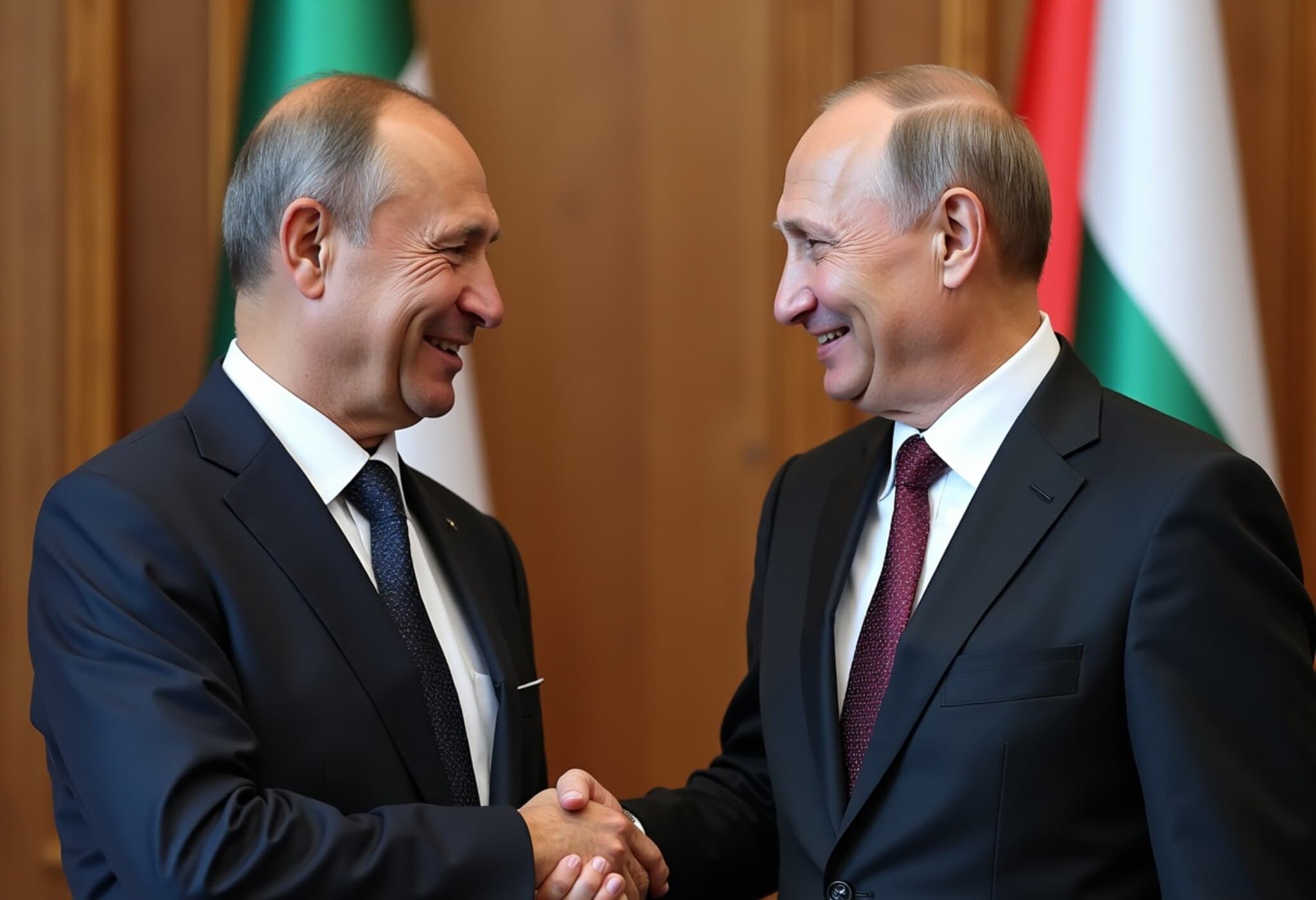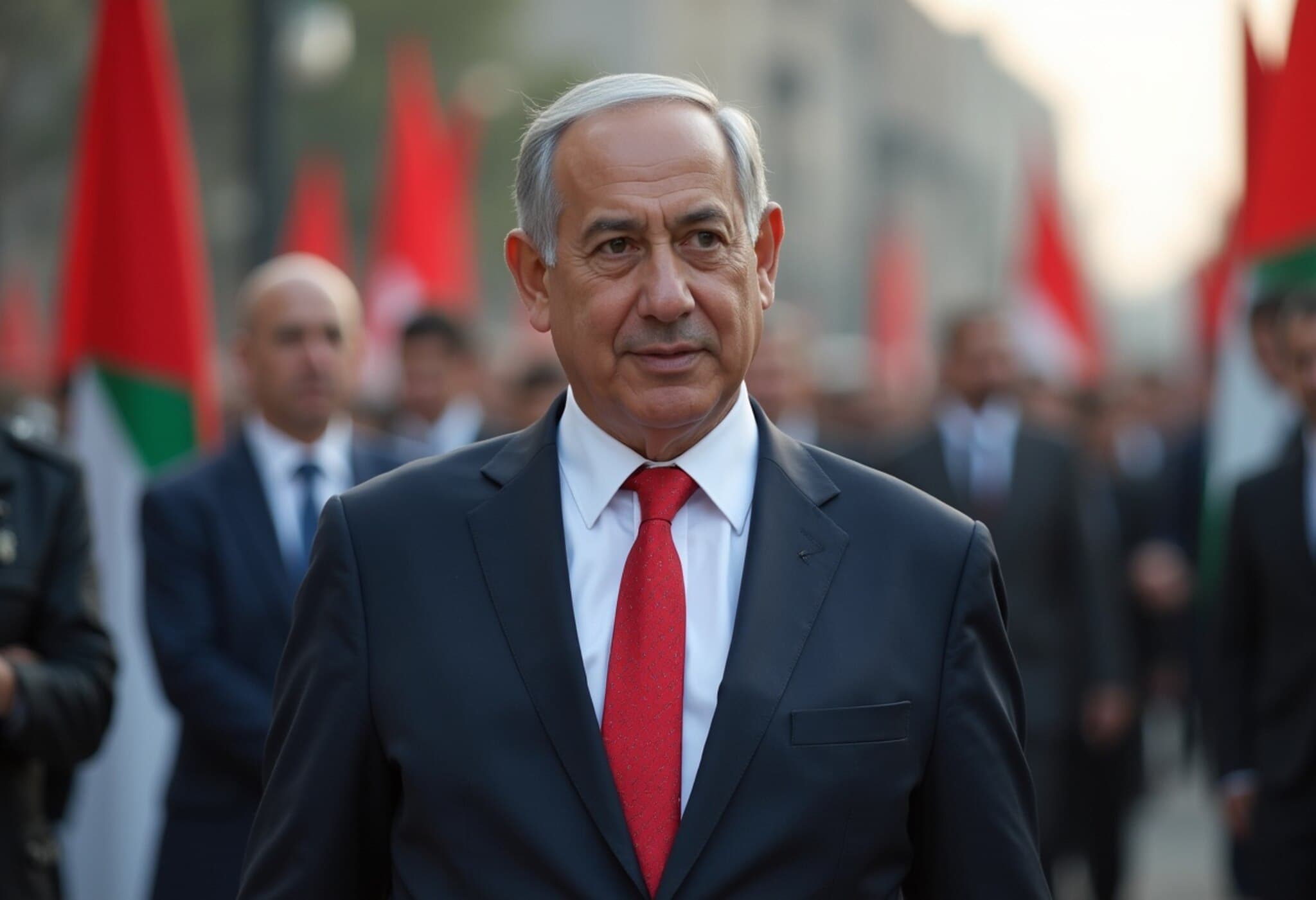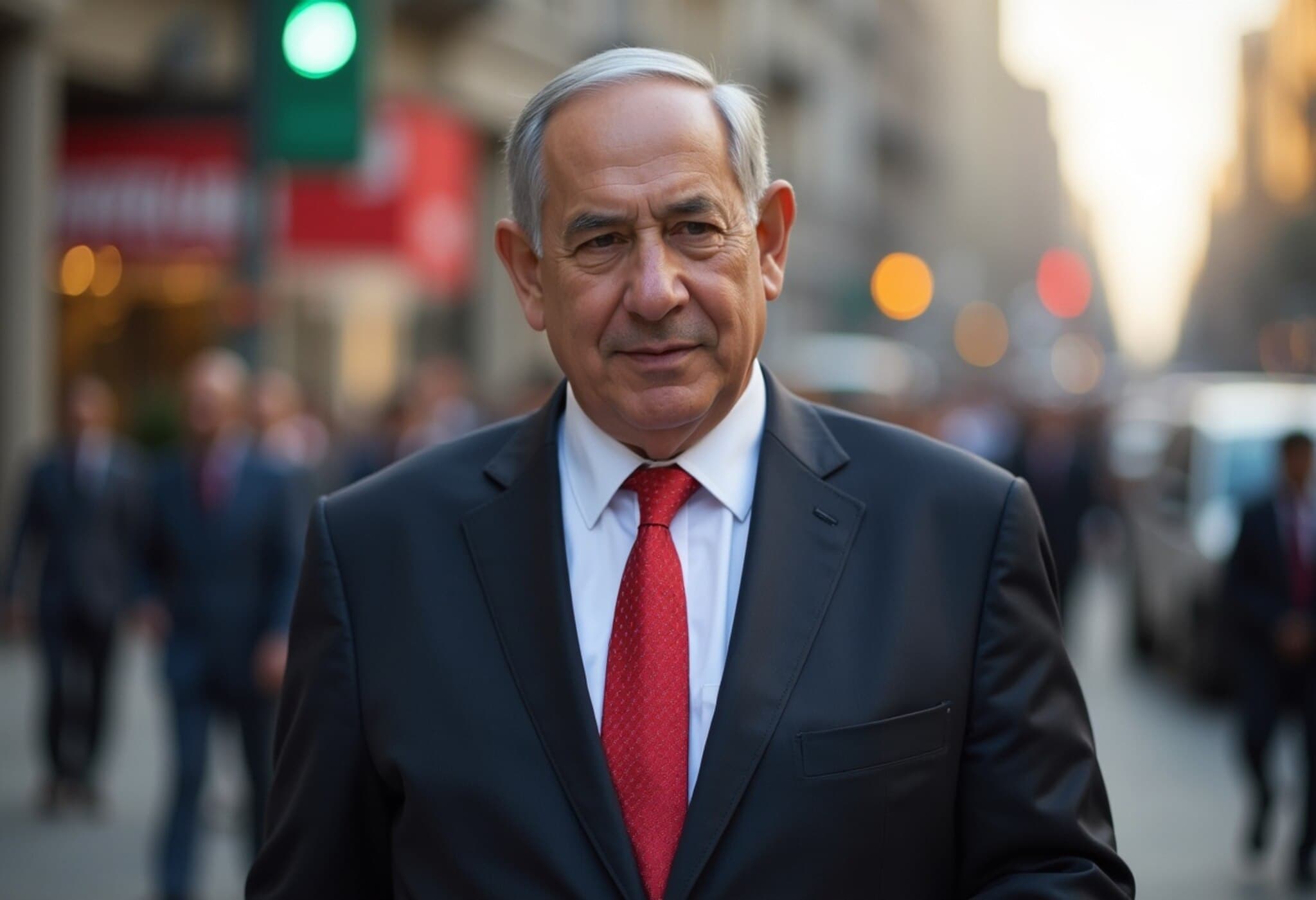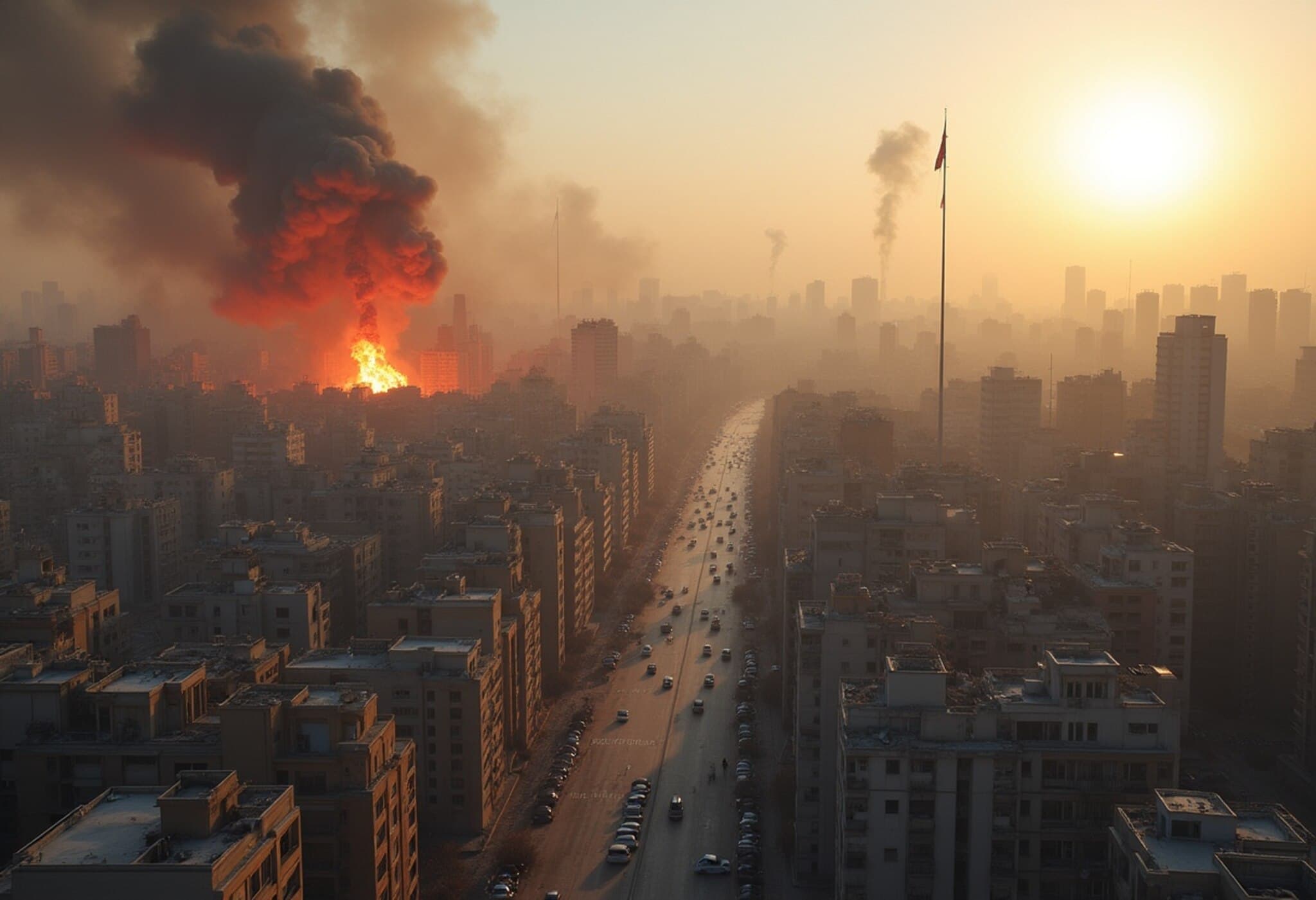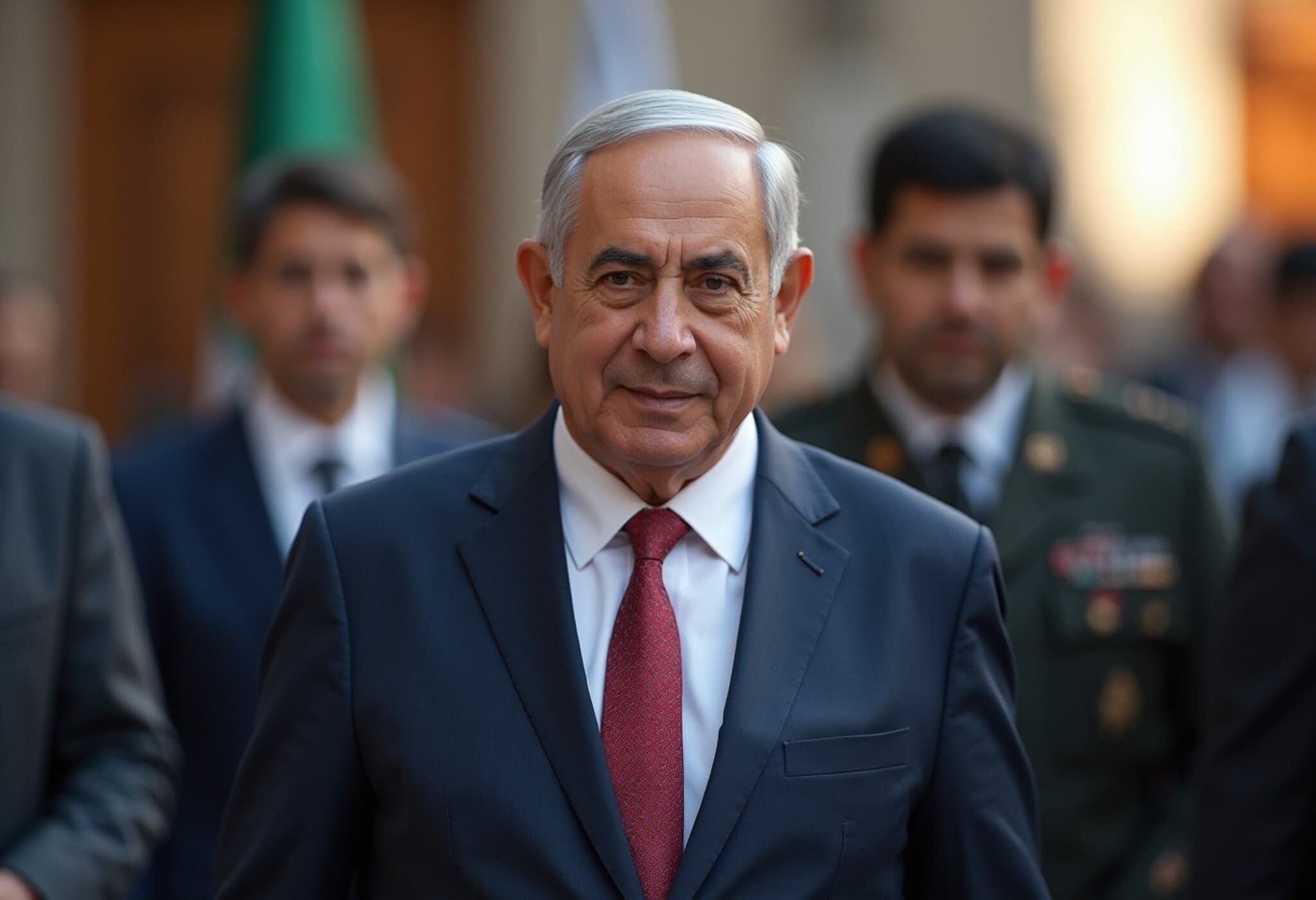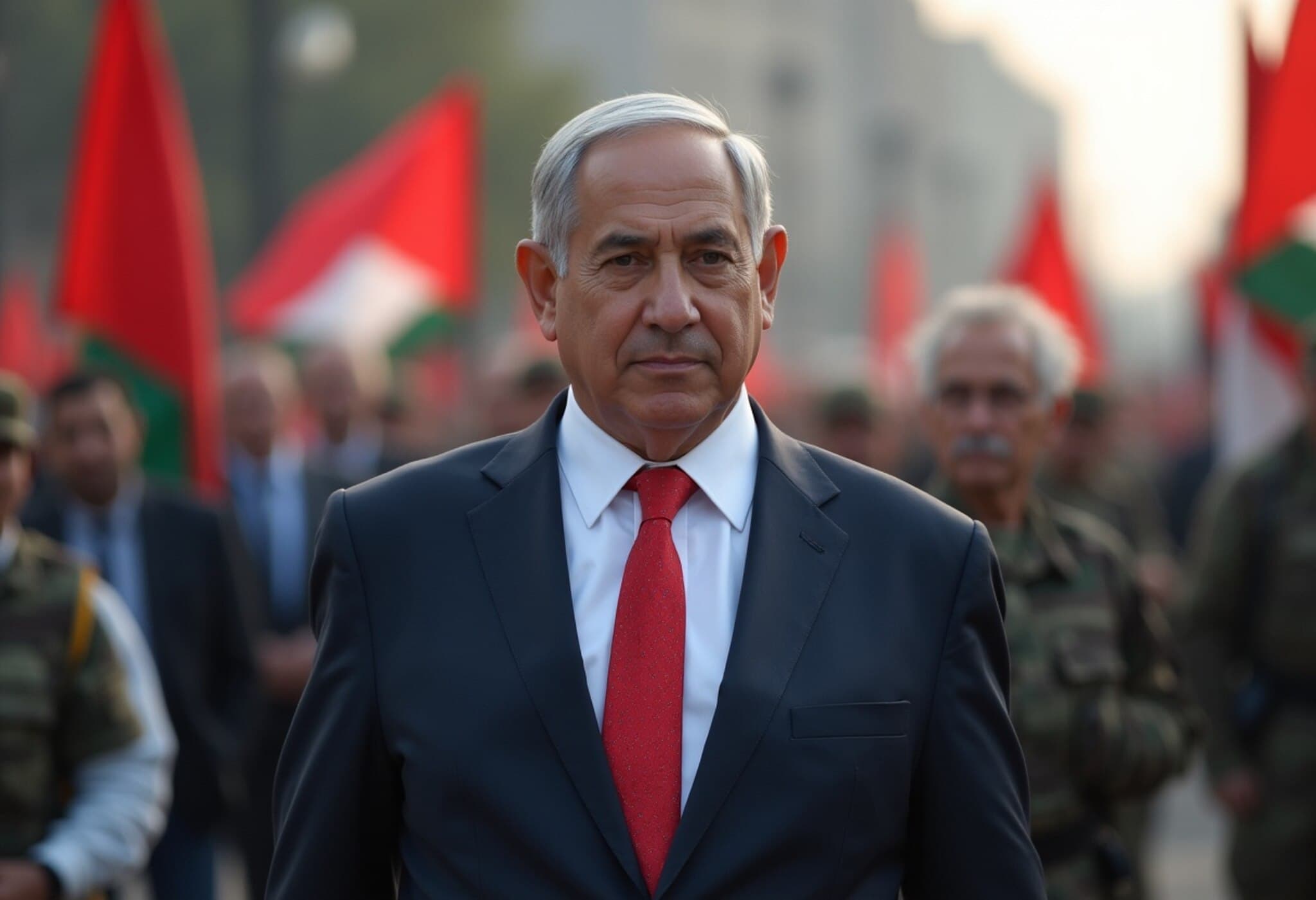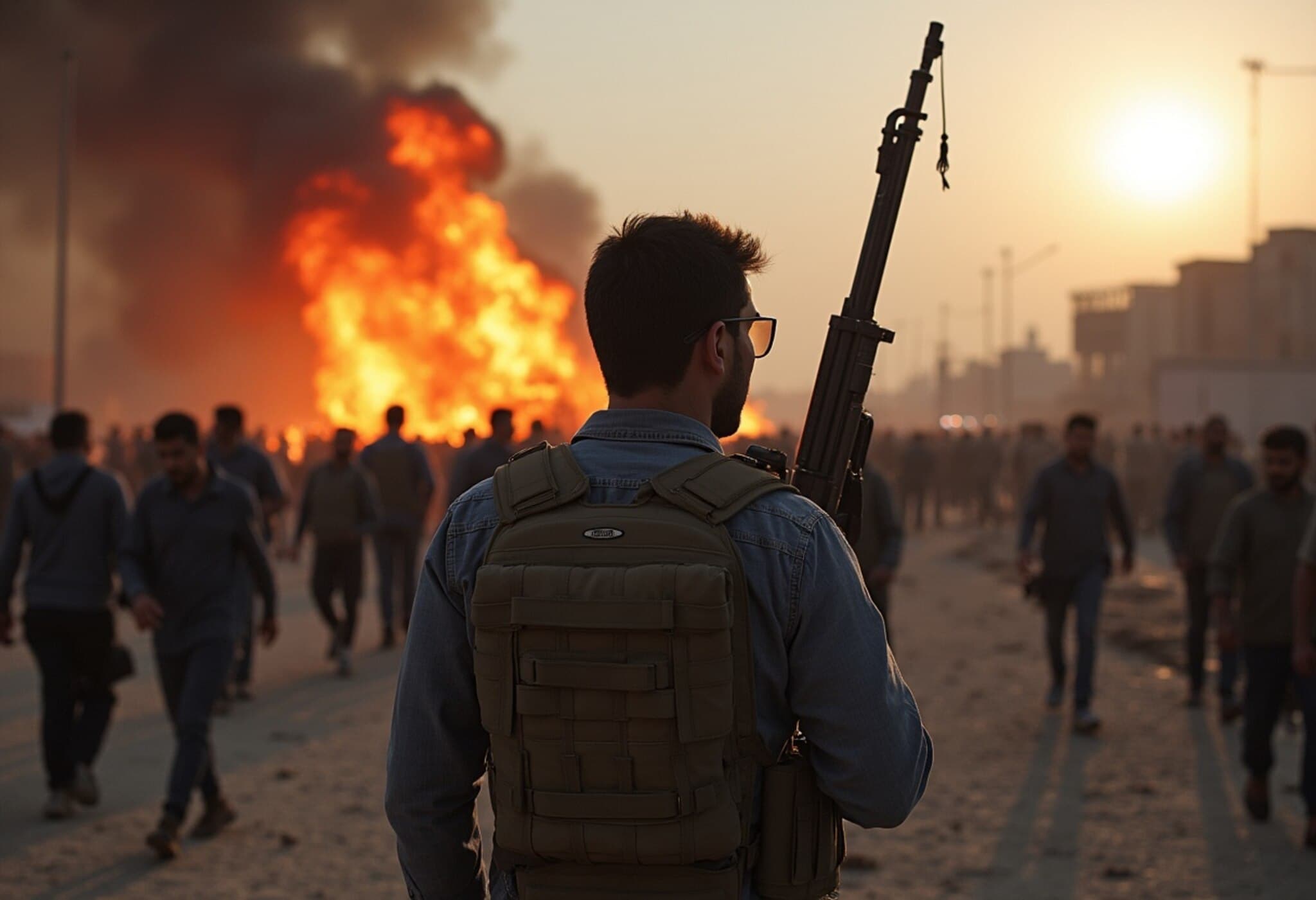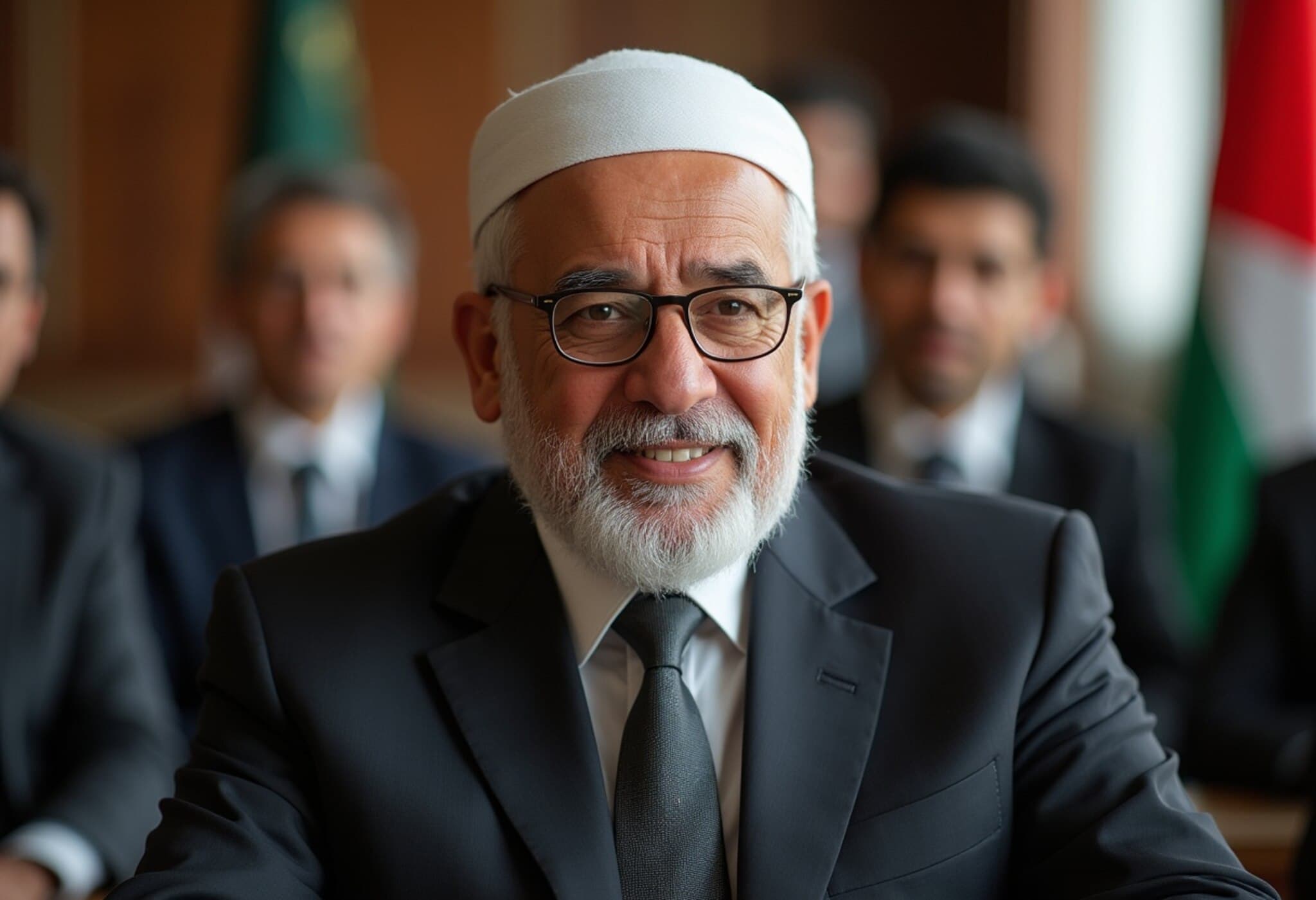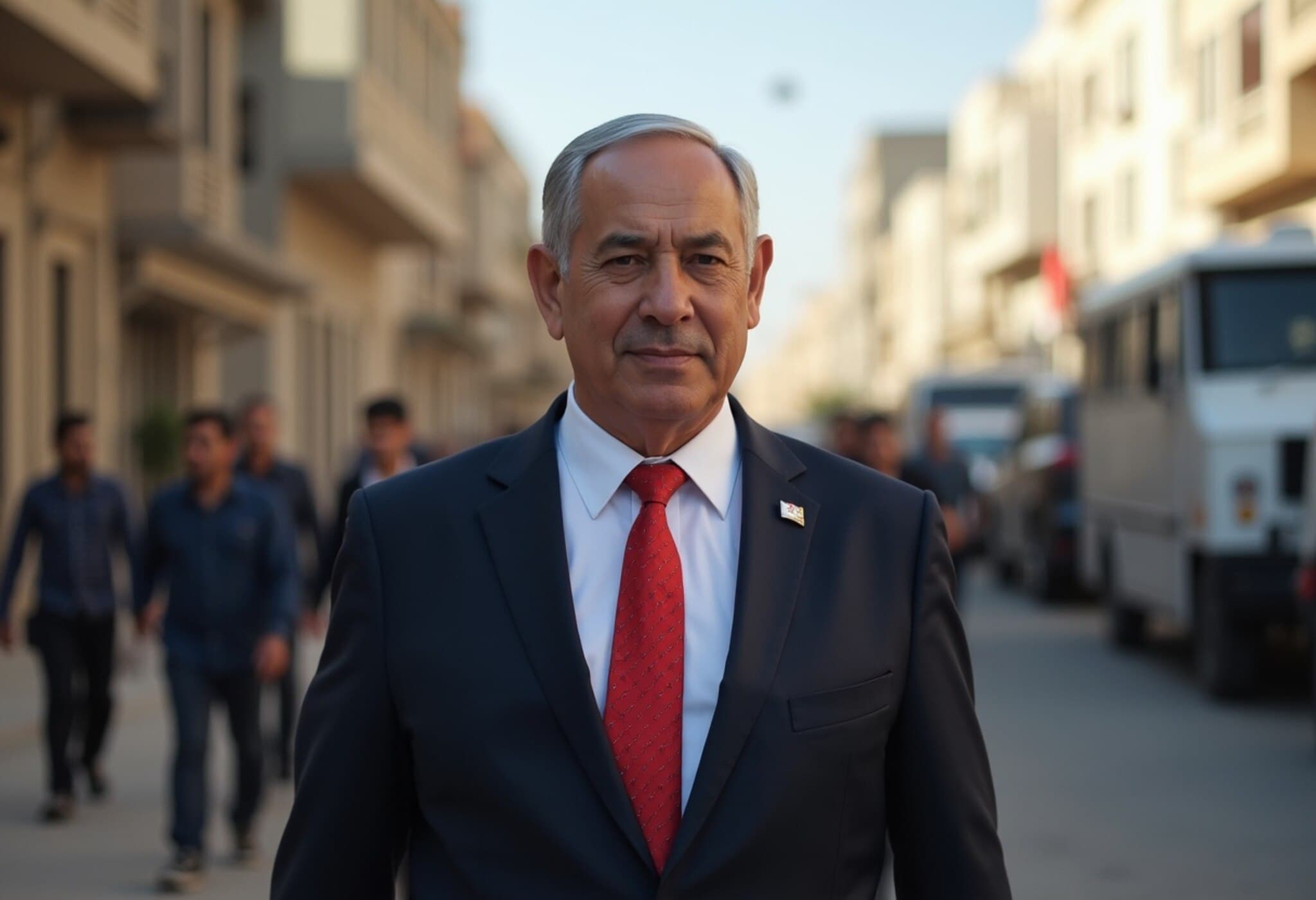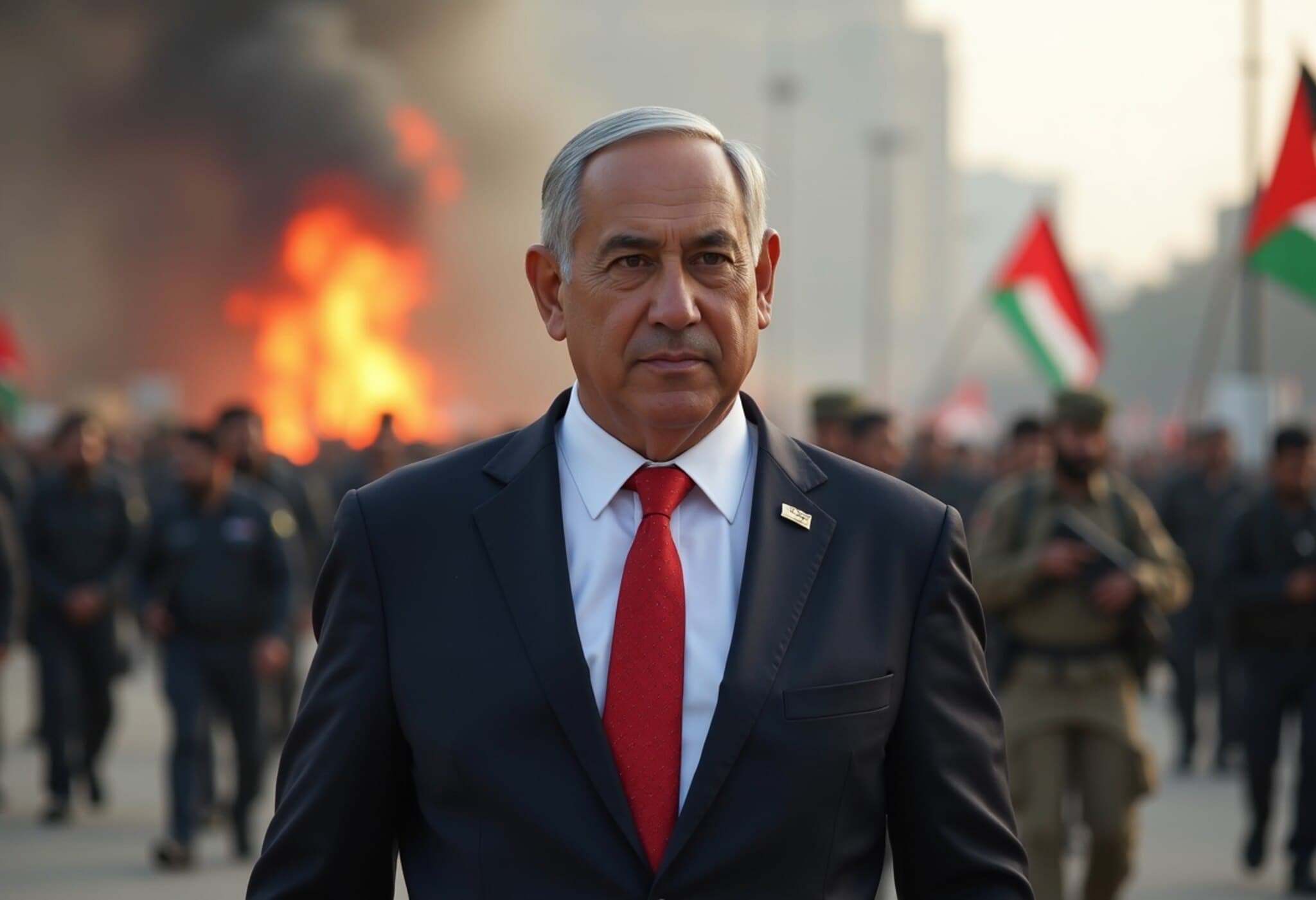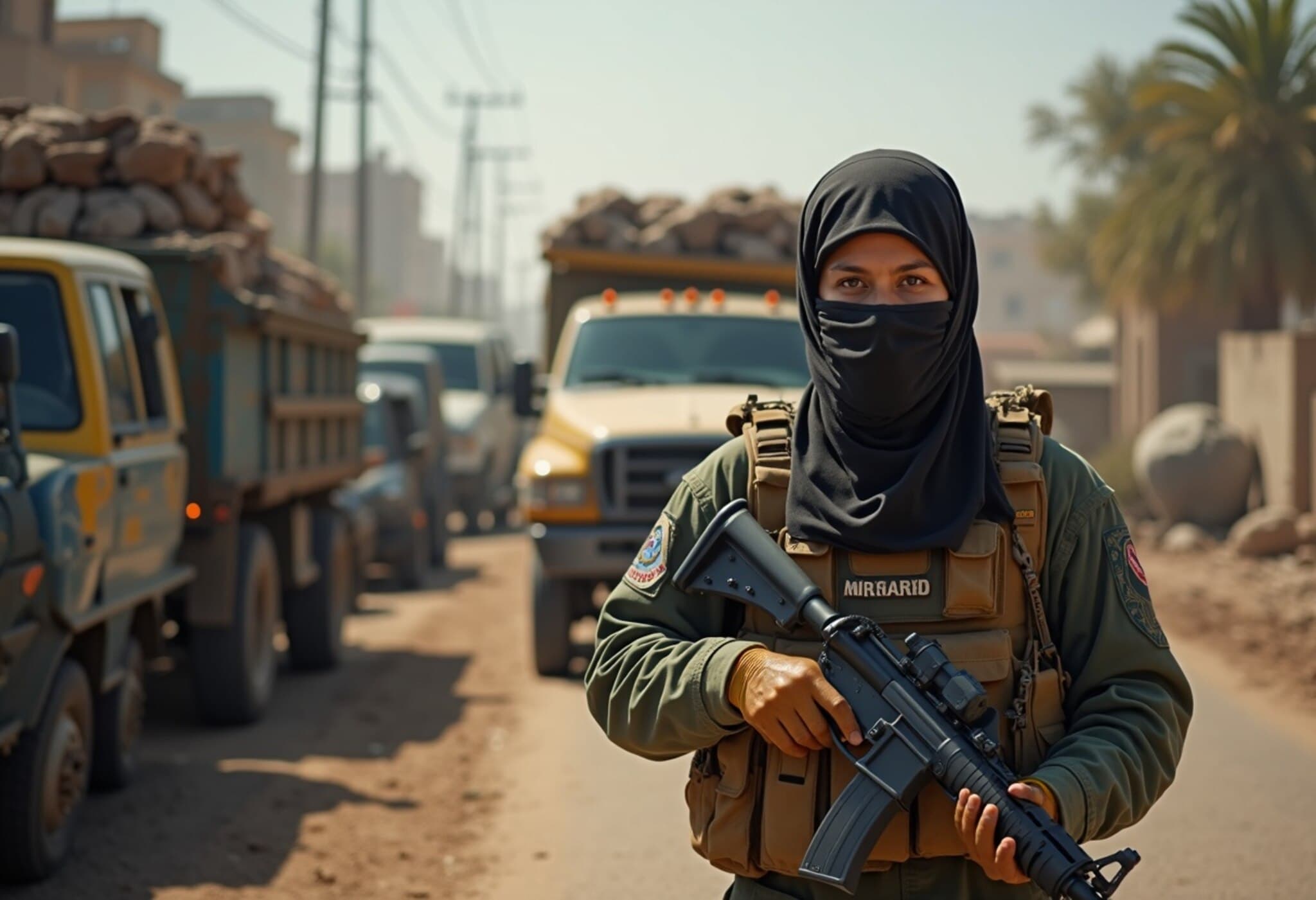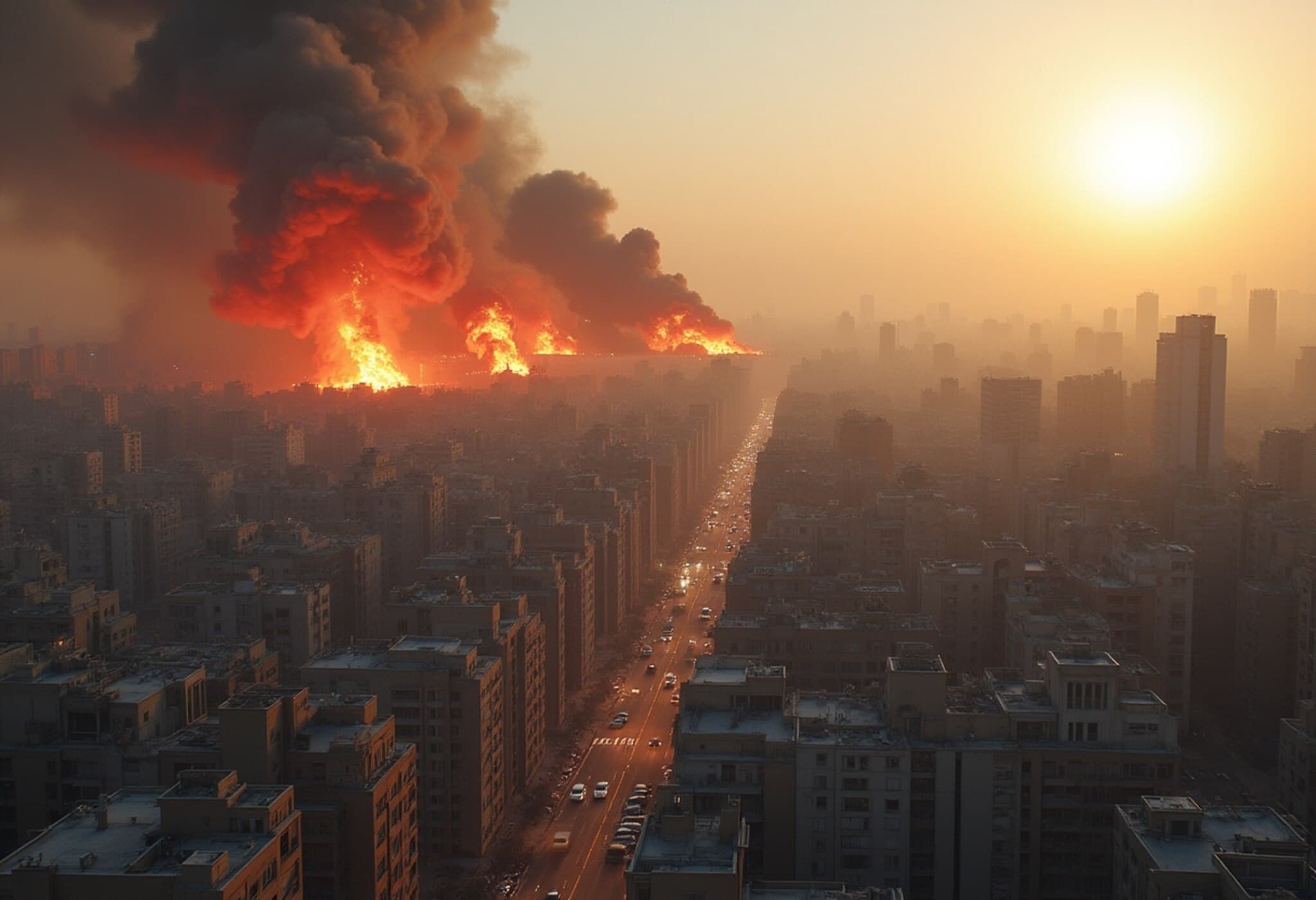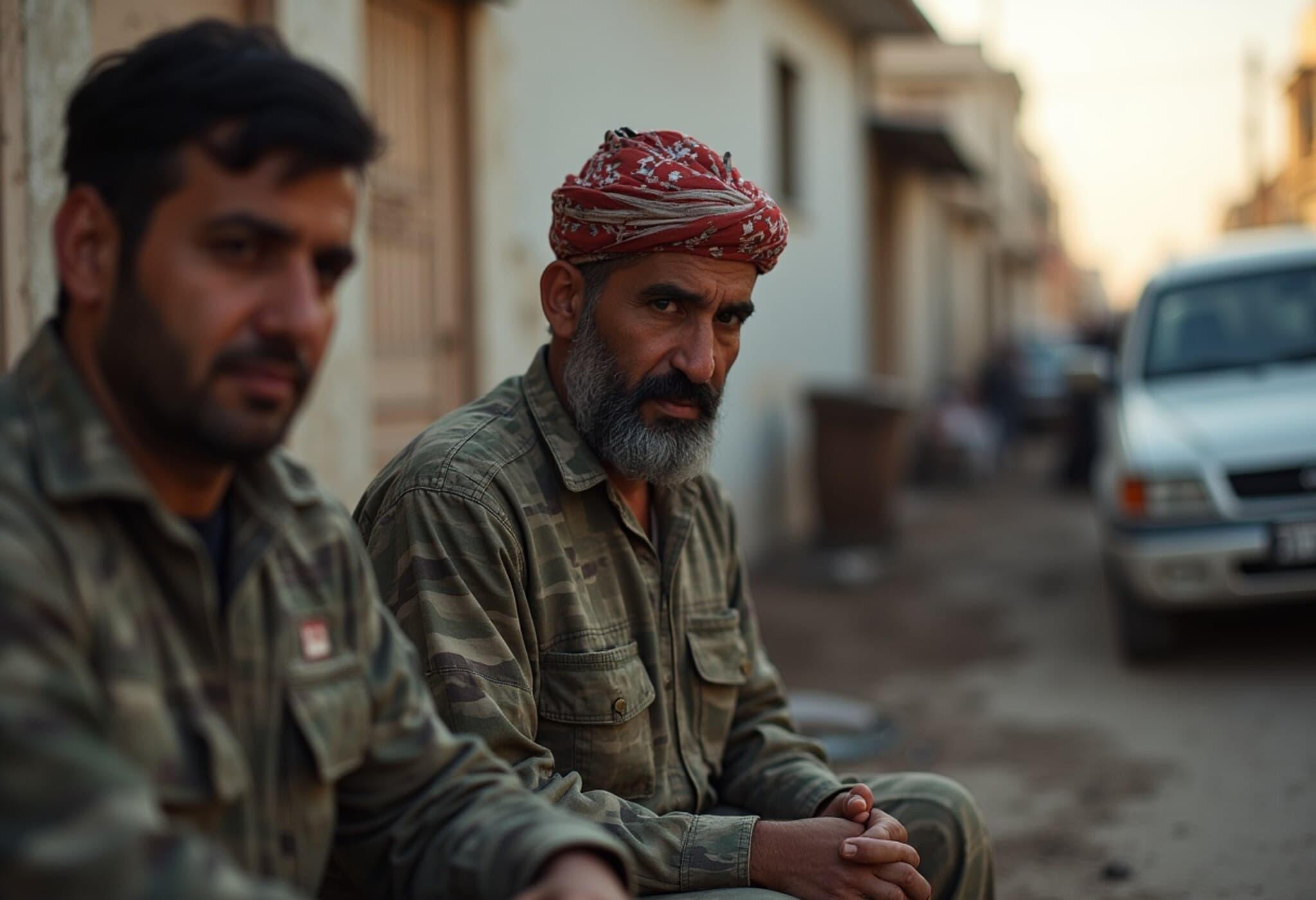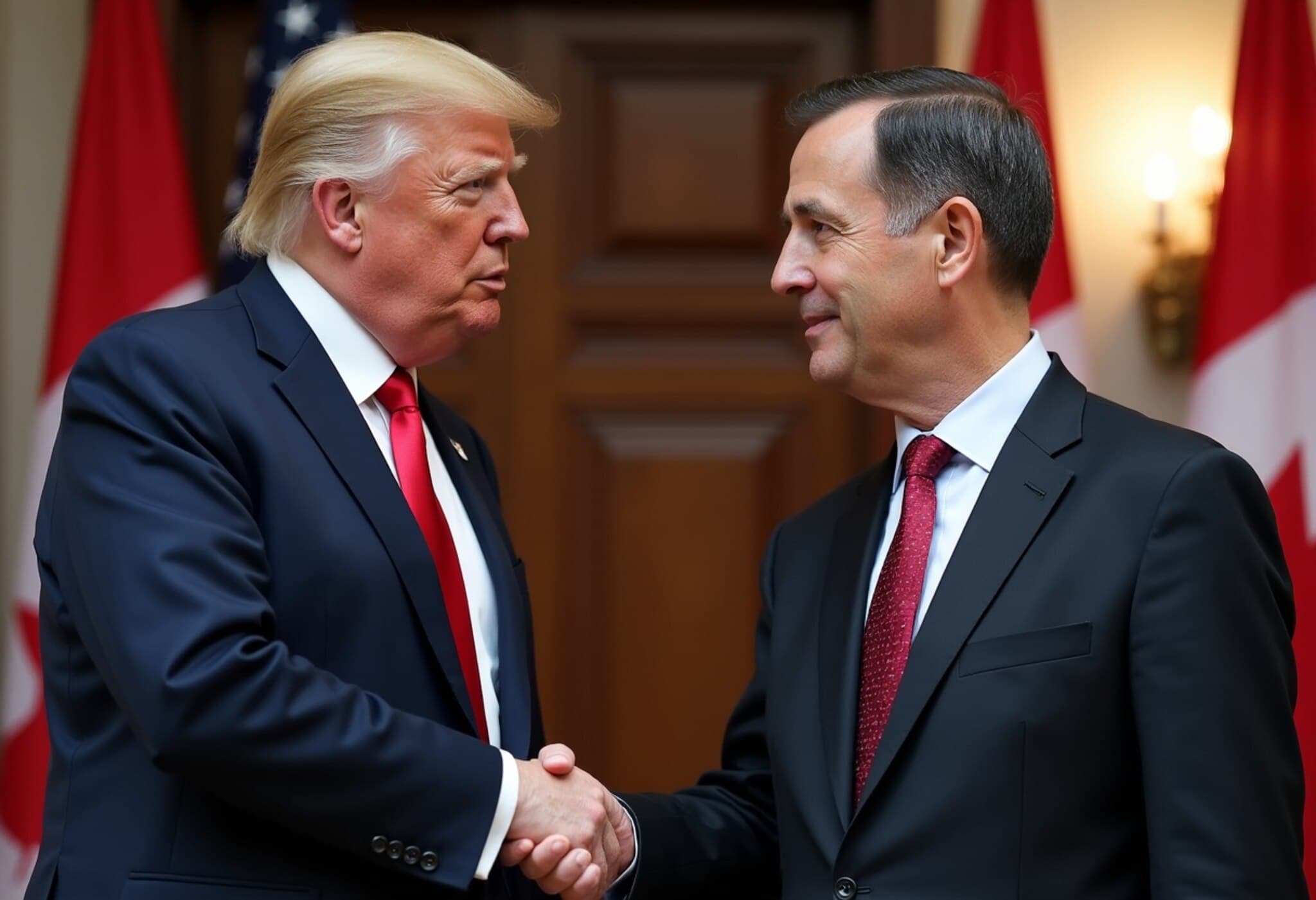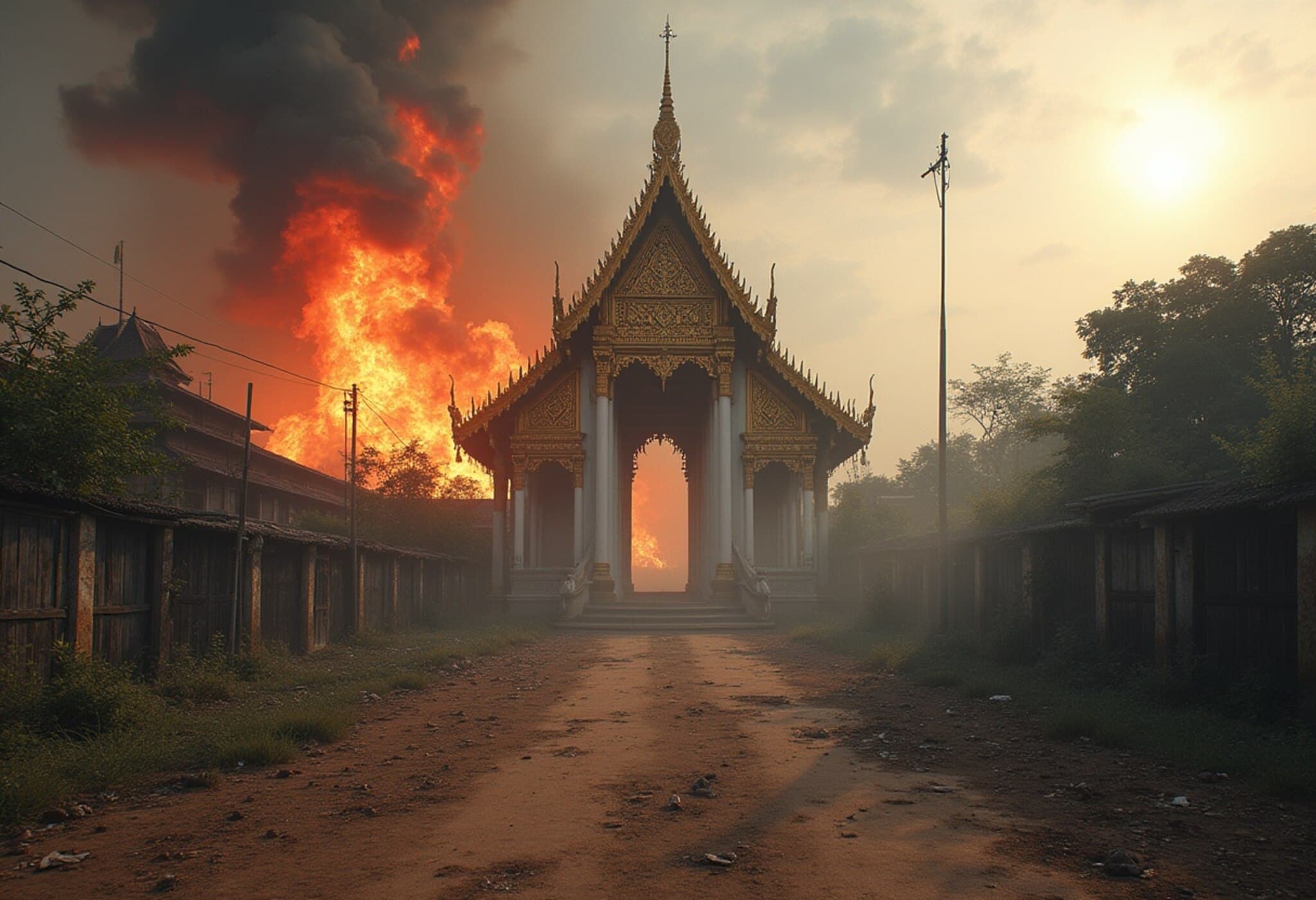Desperate Pleas from Gaza Hostages Intensify Amid Humanitarian Crisis
In a heart-wrenching new video, Israeli hostage Rom Braslavski, held in Gaza, appears frail and emaciated as he begs for basic sustenance. “I’ve run out of food and water,” he says weakly. “Yesterday, I barely ate a plate of rice… I’m on the verge of death.” This desperate appeal underscores a growing humanitarian crisis and has prompted urgent calls for action from families, world leaders, and aid organizations.
Families Plead for Rescue and Relief
Bearing the emotional weight of their loved ones’ suffering, Braslavski’s family has publicly shared footage showing his deteriorating condition. Taken hostage during Hamas’s October 7, 2023 attack, Braslavski’s plight has become emblematic of the hostages’ uncertain fate. His father conveyed to Israeli Prime Minister Benjamin Netanyahu a desperate plea for immediate intervention, describing the agonizing experience of watching his son fade away.
Another Israeli hostage, Evyatar David, was recently shown in distressing footage appearing to dig his own grave, sparking outrage within Israel and reinforcing demands to prioritize hostage welfare amid ongoing conflict.
Global Leaders Weigh In: Trump Calls for Food Delivery
On the international stage, former US President Donald Trump voiced strong support for sending food aid to Gaza. Prior to boarding Air Force One, Trump emphasized, “We want the people fed ... We want Israel to get them fed.” He emphasized a basic humanitarian principle amid escalating hostilities: no one should starve.
This comes as Israel faces mounting criticism and complex operational challenges balancing military objectives and humanitarian access. Trump’s stance highlights a rare bipartisan consensus on the urgent need to alleviate civilian suffering, even amid geopolitical tensions.
Humanitarian Aid Bottlenecks and Contested Access
Since Israel eased restrictions late last month, over 1,600 aid trucks have entered Gaza according to Hamas’ media office. However, independent reports reveal widespread looting and insecurity have hindered equitable distribution. Displaced residents and armed groups have diverted supplies amid chaos.
The International Committee of the Red Cross (ICRC) condemned the hostage videos as “harrowing” and called for unrestricted access to ensure food, water, and medical care reach those held captive. Netanyahu confirmed he has asked the Red Cross for assistance in humanitarian outreach to hostages, underscoring the government’s intensified focus on resolving hostage welfare issues.
Escalating Tensions in Jerusalem
Compounding the humanitarian crisis, far-right Israeli National Security Minister Itamar Ben-Gvir’s provocative prayers at Jerusalem’s contested Temple Mount sparked regional condemnation. The site — holy to both Jews and Muslims — witnessed renewed tension as Ben-Gvir called for the annexation of Gaza and urged Palestinians to emigrate.
This incendiary rhetoric threatens to unravel efforts at peace and stability, potentially igniting further conflict in an already volatile region. Palestinian leaders, as well as neighboring states including Jordan, Saudi Arabia, and Turkey, condemned the move as a dangerous escalation.
Contextualizing the Wider Conflict
Since Hamas’s October 2023 attack, which claimed some 1,200 Israeli lives and saw 251 hostages taken, Israel’s retaliatory offensive on Gaza has resulted in tens of thousands of Palestinian deaths — figures reported by Gaza's health ministry and considered the most comprehensive, despite disputes.
The humanitarian toll, especially in Gaza’s densely populated areas, is staggering. Hospitals have reported recent deaths from malnutrition and injuries sustained by civilians under fire. The continued blockade, intermittent access to aid, and bombardments compound the misery faced by ordinary Gazans and heighten diplomatic urgency.
Looking Ahead: Critical Questions and Diplomatic Challenges
- How can international actors negotiate safe, reliable humanitarian corridors without compromising security?
- What diplomatic leverage exists to secure the hostages’ release and improve their living conditions?
- How might provocative political acts, such as Ben-Gvir’s visit to the Temple Mount, influence future peace prospects?
Though the complexities are immense, the fundamental humanitarian principle remains clear: no person, hostage or civilian, should endure starvation or neglect. Balancing justice, security, and humanity is the profound challenge confronting all involved.
Editor’s Note
The plight of the Israeli hostages in Gaza and the wider humanitarian crisis illuminate the intense human cost of protracted conflict. While the world watches, difficult questions arise about the responsibilities of combatants and the international community to protect vulnerable populations. The emotional appeals from families and leaders alike demand urgent, pragmatic solutions prioritizing life and dignity above all.
As events continue to unfold, close attention to shifts in diplomatic channels, aid access, and regional stability will be critical in assessing the prospects for peace and relief for those trapped in the crossfire.


